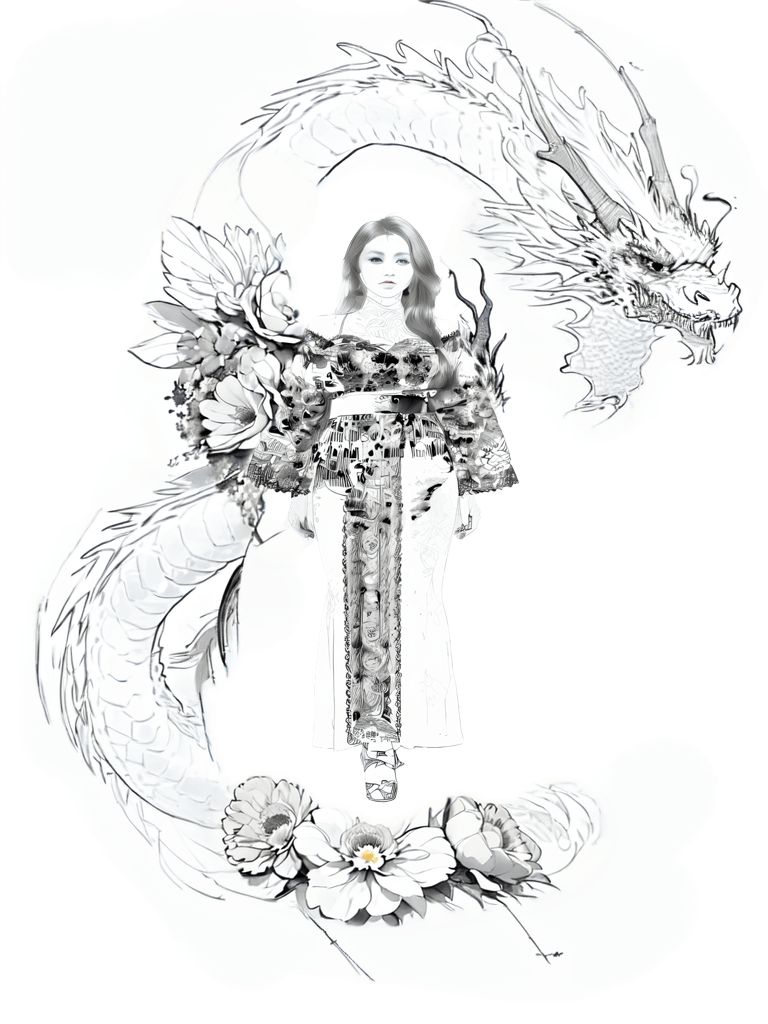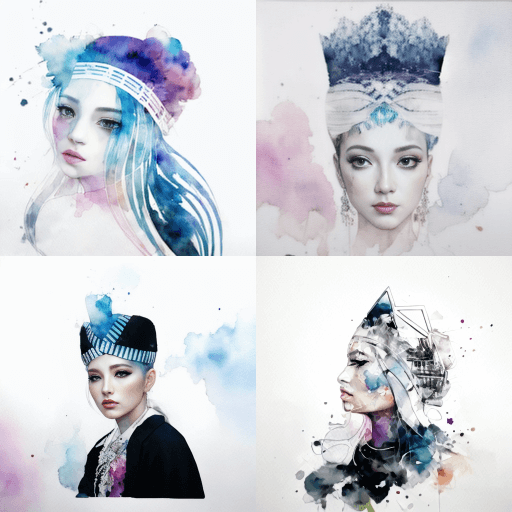
The future of poj laib
“Poj Laib” is a term that is often used in Hmong culture to describe a bad woman or female gang member. The word “poj” is a feminine term that signifies the person as a woman, while “laib” means a person who is a gang member (a bad person). When these two words are combined, they create the term “poj laib,” which means a bad woman.
Historically, being labeled as a “poj laib” meant that a person was promiscuous and rebellious, and was often seen as dishonorable and bringing shame to themselves and their family. It was believed that “poj laibs” were troublemakers who had no ambition or work ethic, and were lazy and didn’t maintain a home. They were also thought to not help their parents with cleaning and cooking, and to rarely stay home. In contrast, a “good” Hmong woman was expected to stay home, clean and cook for her family and relatives, and be obedient and passive, with long, black hair and a proper demeanor.
Growing up, I was often labeled a “poj laib” for various reasons, such as cutting their hair short, dyeing it blonde, wanting to date a non-Asian man, and speaking their mind. However, as they grew older, they realized that being called a “poj laib” was not about being a bad person or a gang member, but rather about not conforming to others’ expectations. The author now embraces the label of “poj laib” and sees it as a movement for Hmong women to stand up for themselves and their beliefs, and to challenge traditional gender roles and expectations.





